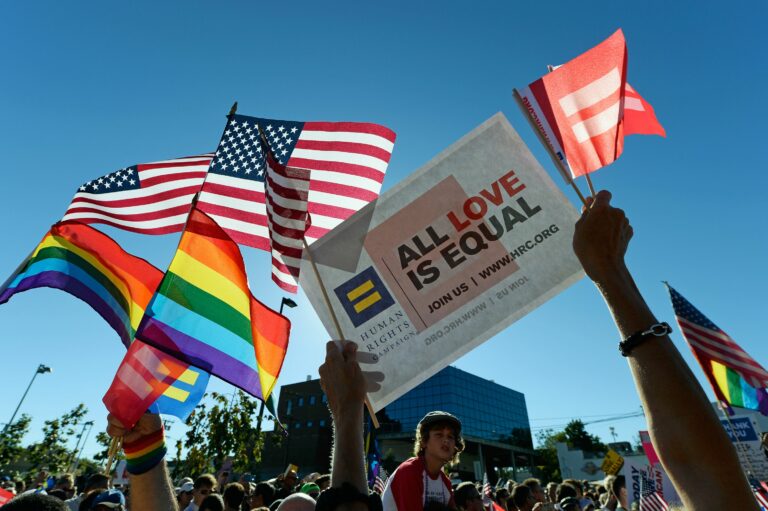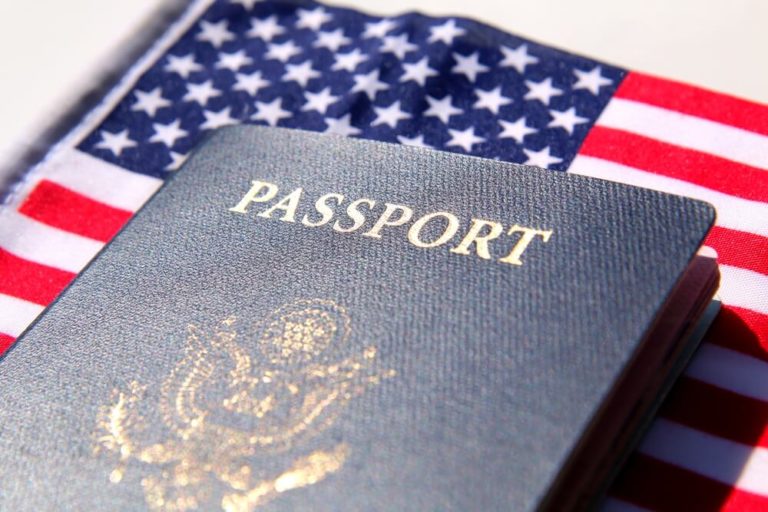- Immigration
- Entertainment
We regularly assist with production and distribution issues related to financing, copyright, trademarks, syndicates, regulation, and contractual agreements across various media channels and formats.
Entertainment, media and advertising companies need lawyers who can quickly and efficiently help in international and multidisciplinary matters. Intellectual property rights, advertising rights, transactional media and digital technology are at the heart of our entertainment law.
- Copyright, Trademark and Publicity Rights
- International Trademark and Copyright
- Dispute Resolution for Art and Cultural Heritage Service
- Intellectual Property Acquisition, Licensing, Vetting and Distribution
- Protection and Prosecution of Intellectual Property Rights
- Data Ownership, Data Privacy and Monetization of Data
- Audio and Visual Productions
- Music Licensing and Resolution of Music Publishing Disputes
- Artist Concerts and Touring
- Merchandising and Other Ancillary Revenue Opportunities
- Film and Television Agreements From Development Through Distribution
- Authors and Print Media Publishers
- Advertising, Sweepstakes Law and Regulation
- Financing and Private Equity Investments
- Artist and Union Agreements
- Athlete and Celebrity Appearances, Endorsement and Service Agreements
- Sethi & Mazaheri
We don’t want you to live with fear.
Ourfirm is committed to providing personalized representation to individuals seeking to enter and remain in the United States.
At Sethi & Mazaheri, we have a dedicated team ready to serve you. A client’s experience with our firm is focused on comfort and support, so you won’t have to wait hours or days for a return call or e-mail.
- InsightNovember 12, 2021November 5, 2021November 3, 2021November 1, 2021September 20, 2021September 6, 2021April 16, 2021April 8, 2021April 14, 2023April 14, 2023April 13, 2023
- Contact Us
Let’s talk about your case. Contact us for a consultation and we’ll be happy to answer all of your questions.
Our lawyers can help, so get a case evaluation today.
Estamos aquí para luchar por usted.
Sethi & Mazaheri LLC es una firma de servicios completos con oficinas en Nueva York, New Jersey y una ubicación para reuniones con clientes en la área de Washington D.C..
Vamos falar sobre o seu caso. Contacte-nos para uma consulta e teremos o maior prazer em responder todas as suas questões.
Sethi and Mazaheri LLC é um escritório de imigração que oferece serviços para nossos clientes em português.
به سبزی اعتقادمان ٬سفیدی اعتمادمان٬ و سرخی فریادمان
دفاتر حقوقی ستی و مظاهری در حال حاضر در شهرهای نیویورک، نیوجرسی و کلانشهر واشنگتن دی سی واقع شده و آماده ارايه خدمات حقوقی به مراجعین میباشد
- My Case
- فارسی

















 by Prozco®
by Prozco®